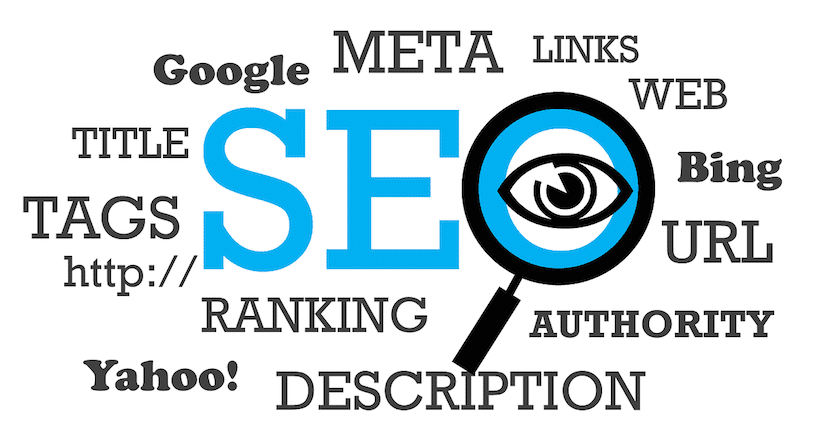
The Ultimate Guide To Making Your Business As Efficient As Possible
December 24, 2016
20th Century Fox partners with UrbanGeekz for Hidden Figures
December 28, 2016Many small businesses rely on SEO to drive traffic to their sites and sell their products. But things are rarely plain sailing when it comes to getting more traffic to come to your website.
The problem is that the whole process just takes so long. You invest lots of time and energy into doing your keyword research and building a fantastic blog, and yet your business remains stuck at page two or three, not doing anything. Weeks and months go by and you miss out on thousands of dollars worth of business.
Could you be making any mistakes that are causing you to rise the rankings more slowly? Let’s take a look at some common SEO mistakes.
Failing To Optimize For The Right Keywords
Keyword mistakes generally fall into four main categories. The first type of mistake is using global keywords when you’re trying to attract local customers. A plumbing company based in Miami will have much more success in lead generation and building web presence by targeting the keyword phrase “plumbers in Miami” than it will targeting the phrase “plumbers” or “plumbing in USA.”
The second mistake is using keywords that are too generic and general. An example might be an education consulting company targeting the word “school” instead of, perhaps, “school placement help.”
The third mistake is using very broad keywords that already have a lot of competition. An example might be “top 10 tips for better SEO.” It’s very likely that this sort of material is already out there, making it difficult for your site to rank well. But it’s much less likely that there will be a post on “top SEO tips for kayak hire businesses.”
The fourth keyword error is using keywords that only bring in people looking for more information, not customers. Sure, it’s great to have a site that lots of people visit and find useful, but at the end of the day, they need to be people who are willing to buy your product. Just being like Wikipedia isn’t going to make you any money – in fact, you might end up having to beg for it like they do.
Focusing On Link Quantity Rather Than Quality
Google and other search engines ascribe all of the sites that they crawl with an authority rating. This is akin to a measure of how trusted a website is and how much weight should be given to its content. Sites with high authority tend to rank very well compared to those with low authority.
Getting lots of links used to be a great way of doing SEO: the more links you had from other websites, the higher you would go up in the rankings. But search engines soon figures out that people were spamming their own sites with links from junk sites and tried to stop the practice. As a result, they began giving sites an authority score. Businesses that have links from authority sites, like BBC or Washington Post, get a much bigger boost to their rankings compared to if they get a link from a site that nobody has heard of. This is why it’s important for businesses to focus on link quality over quantity.








